Stefan Werner951-22-6175-8
Reduced Complexity Adaptive Filtering Algorithms with Applications to Communications Systems
Free Download
Authors: Stefan Werner
ISBN: 951-22-6175-8
Size: 1 MB (1536814 bytes)
Pages: 213/213
File format: pdf
Language: English
Publishing Year: 0
Direct Download: Coming soon..
Download link:
Category: Mathematics , Wavelets and signal processing
Tags: >>Авторефераты и диссертации, Обработка сигналов, ПриборостроениеSign in to view hidden content.
Be the first to review “Reduced Complexity Adaptive Filtering Algorithms with Applications to Communications Systems” Cancel reply
You must be logged in to post a review.
Related products
- Mathematics , Optimization. Operations Research
Bio-Inspired Optimization Algorithms for Engineering Applications
Free Download - Physics , Mechanics: Fluid Mechanics
Eine effiziente numerische Methode zur Gestaltsoptimierung von Stromungsgebieten
Free Download - Technique , Food Manufacturing
Исследование процесса сушки абрикос с применением токов высокой частоты
Free Download - Computers , Algorithms and Data Structures
Cellular automata and other cellular systems
Free Download
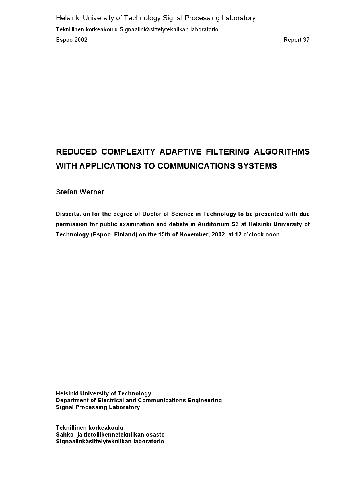
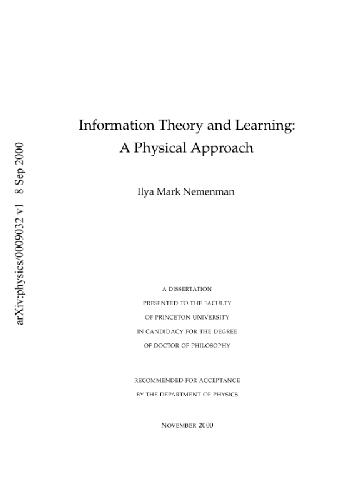
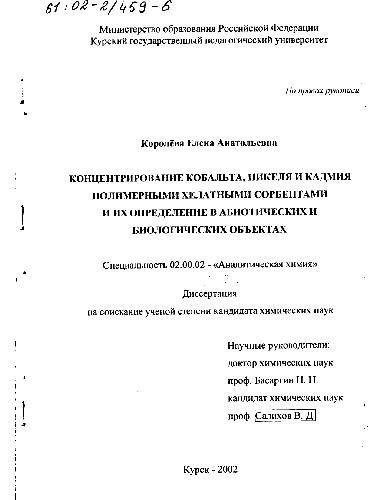
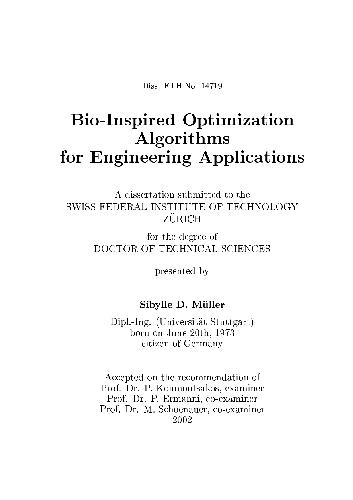
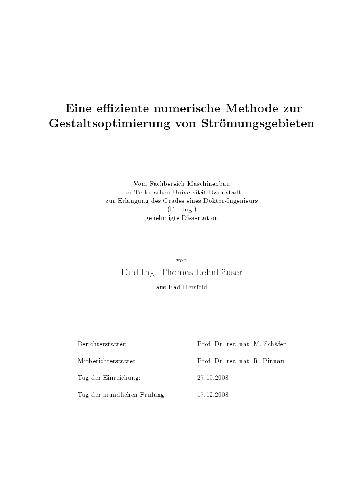
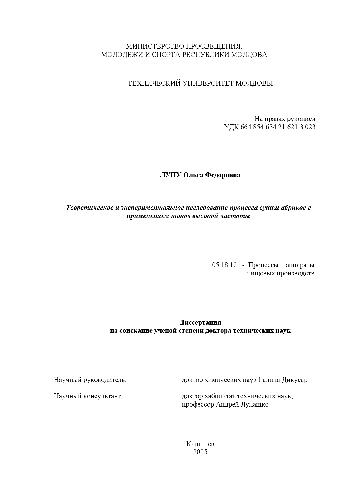
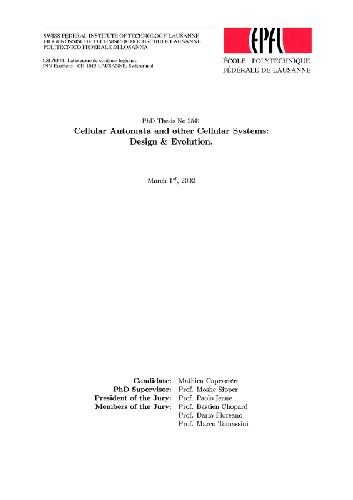
Reviews
There are no reviews yet.